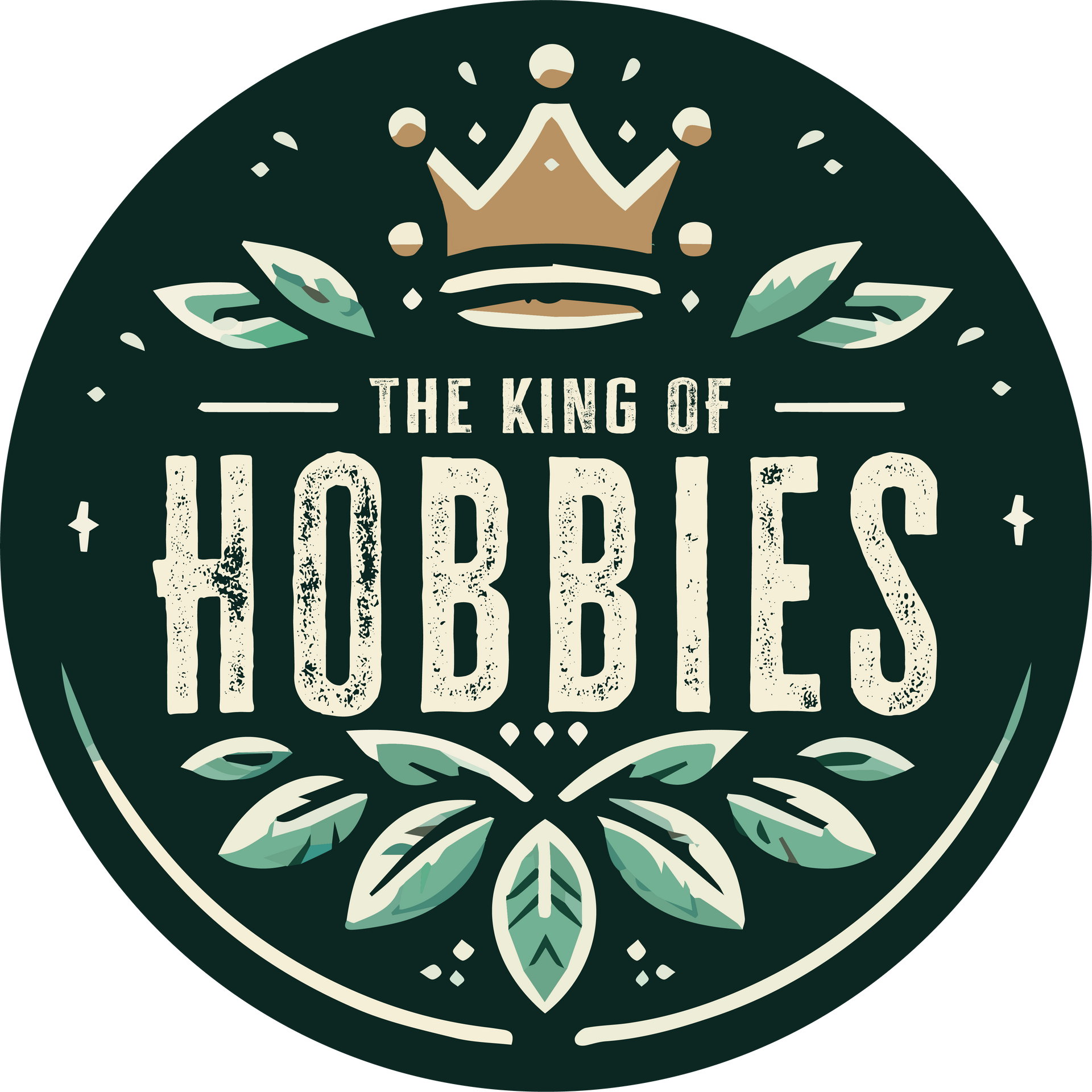Ad
Tips for Beginners in the World of Coin Collecting
Have you ever heard about coin collecting before? If not, let me introduce you to this fascinating hobby that has been around for centuries. Coin collecting, also known as numismatics, is the act of collecting coins or other forms of currency for their historical, aesthetic, or monetary value. Whether you're a history buff, an art lover, or a savvy investor, coin collecting can provide you with a wealth of benefits.
In this beginner's guide, we'll cover some of the basics of coin collecting, from rare coins to storing and caring for your collection.
Rare Coins
One of the primary reasons why people collect coins is because of their rarity. Rare coins are highly sought after by collectors and investors alike because they're valuable and often have a unique historical significance. Some of the rarest coins in the world include the 1933 Double Eagle, the 1804 Silver Dollar, and the 1913 Liberty Head Nickel.
As a beginner, you don't necessarily have to start with rare coins, but it's essential to learn about them as you progress in your collection. To identify a rare coin, examine its mint mark, year, and overall condition. You can also consult with a professional coin dealer or numismatist to help you identify and value rare coins.
Grading Coins
Another essential aspect of coin collecting is grading coins. Grading refers to determining the condition of a coin and assigning it a grade. Grading is crucial because it affects the value of a coin. Generally, the higher the grade, the more valuable the coin is.
Grading coins involves examining the coin's surfaces, edges, and overall appearance. If you're new to grading, it's best to start with coins in uncirculated condition, meaning they haven't been used in commerce or handled by many people. As you gain more experience, you can move on to grading circulated coins and those with higher values.
Types of Coin Collections
There are various types of coin collections you can start, depending on your interests and goals. Some popular types of coin collections include:
- Country-based collections: collecting coins from different countries.
- Era-based collections: collecting coins from a specific time period, such as ancient coins or coins from the 20th century.
- Theme-based collections: collecting coins based on a specific theme, such as coins featuring animals or coins from a particular event.
You can also mix and match different types of collections to make your collection more diverse and interesting.
Storing Coins
Storing your coins correctly is crucial to ensure their longevity and value. There are various storage options available, including coin albums, coin folders, and coin holders. These options provide protection against damage, dust, and moisture.
When storing your coins, it's important to avoid handling them with bare hands. The oils from your skin can cause discoloration and affect the coin's surface. Wear gloves or use tweezers to handle your coins instead.
Buying Coins
Buying coins is an exciting part of coin collecting. Whether you're looking to add to your collection, acquire rare coins, or invest in coins, there are many places you can buy them. Some options include:
- Coin dealers: professionals who specialize in buying and selling coins.
- Coin shows: events where coin collectors and dealers come together to buy and sell coins.
- Online marketplaces: platforms where you can buy and sell coins, such as eBay, Heritage Auctions, or Coinsforsale.com.
Before buying coins, it's important to do your research and know what you're looking for. Consult with a professional or experienced collector to avoid scams or fraudulent coins.
Selling Coins
If you're looking to sell your coins, there are various options available as well. You can sell them to coin dealers, at coin shows, or through online marketplaces. It's crucial to know the value of your coins before selling them to ensure you get a fair price.
When selling your coins, it's essential to keep them in their best possible condition. Ensure they're clean, organized, and properly stored to maximize their value.
Conclusion
Coin collecting is an exciting and rewarding hobby that can provide you with a wealth of benefits. Whether you're a history buff, an art lover, or a savvy investor, there's something for everyone in the world of numismatics. Remember to do your research, consult with professionals, and take good care of your coins to get the most out of your collection.
Ad

Ad